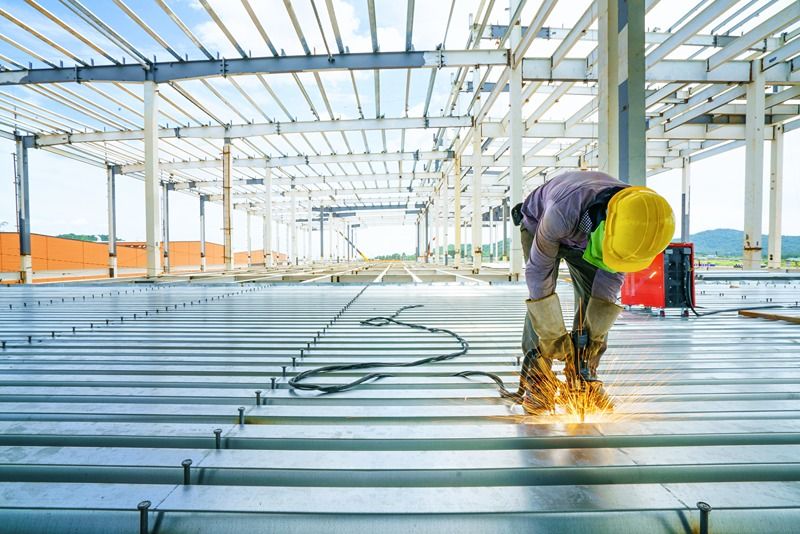As solar energy adoption accelerates, the structural quality of solar panel installations has become a crucial consideration. The durability, efficiency, and longevity of solar panel systems depend significantly on the steel fabrication techniques used in their supporting structures. Precision in fabrication ensures stability, resistance to environmental factors, and long-term performance.
The role of steel fabrication in solar panel structures
Steel is the preferred material for solar panel mounting systems due to its strength, adaptability, and resistance to corrosion. Fabrication methods determine the structural integrity of solar installations, ensuring they withstand wind loads, thermal expansion, and varying climatic conditions. High-quality fabrication enhances panel efficiency by maintaining optimal alignment and reducing maintenance needs over time.
Key steel fabrication techniques that influence solar panel structure quality
- Precision cutting and weldingThe accuracy of laser cutting and CNC machining ensures that steel components fit precisely, reducing stress points and enhancing structural integrity. High-quality welding techniques such as robotic welding ensure uniformity, preventing weak joints that could compromise stability.
- Galvanisation for corrosion resistanceSolar panel structures are often exposed to harsh weather conditions, including rain, humidity, and coastal air. Hot-dip galvanisation or zinc coatings provide a protective barrier against rust, extending the lifespan of the mounting system.
- Cold forming and roll formingCold-formed steel components, produced through roll forming, enhance structural strength while reducing weight. This technique is particularly useful for solar farms where lightweight, yet durable support structures are required to optimise load distribution.
- Bolted and modular assemblyPrefabricated bolted connections improve ease of installation and reduce assembly errors. Modular structures allow for quicker deployment while maintaining structural flexibility for different terrains and panel configurations.
- Structural reinforcements for wind and load bearing Advanced steel fabrication incorporates reinforced sections and bracing techniques to withstand wind forces and environmental loads. The correct fabrication approach ensures that solar panels maintain stability even in extreme weather conditions.
Enhancing solar efficiency through fabrication innovations
Fabrication techniques impact not only durability but also the efficiency of solar panel performance. A well-engineered steel structure reduces vibrations, minimises misalignment due to thermal expansion, and improves the overall positioning of panels for maximum sunlight exposure. Innovations such as adjustable tilt mechanisms and smart tracking systems are integrated into steel frames, further optimising energy capture.
Sustainability in steel fabrication for solar applications
Sustainable steel fabrication techniques contribute to the overall environmental benefits of solar energy. The use of recycled steel, energy-efficient manufacturing processes, and eco-friendly coatings reduce the carbon footprint of solar infrastructure. Additionally, modular fabrication minimises waste during installation, making steel-based solar mounting systems both effective and sustainable.
Future trends in steel fabrication for solar energy
Advancements in steel fabrication continue to improve the quality and performance of solar panel structures. The integration of high-strength, lightweight alloys, robotic precision welding, and AI-driven quality control enhances reliability. Smart fabrication techniques, including 3D printing and automated assembly, are set to redefine the efficiency of solar mounting solutions.
Conclusion
Steel fabrication techniques play a vital role in determining the quality and longevity of solar panel structures. From precision cutting and galvanisation to modular assembly and reinforcement, each step influences durability and performance. As technology advances, continued innovation in fabrication methods will further enhance the efficiency, sustainability, and resilience of solar energy infrastructure.




 +91 7208055523
+91 7208055523
 Help & support
Help & support
